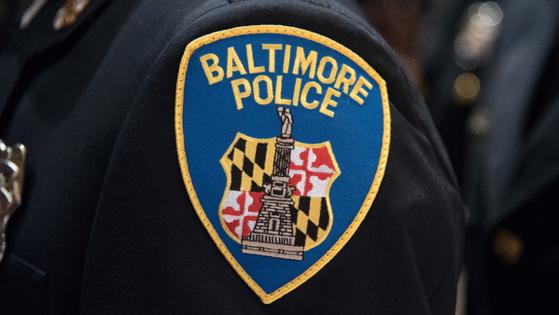Baltimore will try to streamline sharing police misconduct files, as delays hinder oversight group
Published in News & Features
BALTIMORE — Baltimore officials say they are working to streamline the transfer of police misconduct files to the civilian oversight group that determines discipline, amid concerns about delayed cases.
Members of the city’s Administrative Charging Committee told The Baltimore Sun last month that Baltimore Police had been turning over some internal investigations too close to deadlines for disciplinary decisions, forcing them to cram hours of body camera footage into weekends and, at times, schedule emergency meetings.
In response, city staff are working to implement a “timelier, streamlined process,” said Caron Watkins, the interim director of the Office of Equity and Civil Rights, in an email.
Under that plan, the police department will share case materials for any investigation within 30 days of its expiration date, regardless of whether police have completed their investigation. In other words, the Administrative Charging Committee could begin viewing evidentiary records like complaints, body camera footage and witness statements, even as the police still are finalizing the case.
Police also will start sharing a spreadsheet that lists cases that are 30, 60 and 90 days away from their expiration dates. Under state law, disciplinary decisions must be rendered within a year and a day of the date a citizen filed a complaint.
Additionally, at least one member of Baltimore Police will be made available for the committee’s Friday meetings to answer questions, including about officers’ disciplinary histories, Watkins said.
Watkins said the new steps have helped, but added that “we acknowledge there are additional opportunities to improve processes.”
For civilian members of the Administrative Charging Committee, the steps represent an important stopgap measure and a recognition that their concerns are being heard. But they were skeptical that they would be a long-term solution to underlying issues.
“The real solution to the problem would be to give, in some way, shape or form, the [Police Accountability Board and Administrative Charging Committee] independent investigative power,” said Ray Kelly, a member of the charging committee and longtime police oversight activist.
Still, Kelly said, the steps are a positive change and a sign that “as of recently” concerns are being taken seriously.
...continued
©2024 The Baltimore Sun. Visit at baltimoresun.com. Distributed by Tribune Content Agency, LLC.







Comments